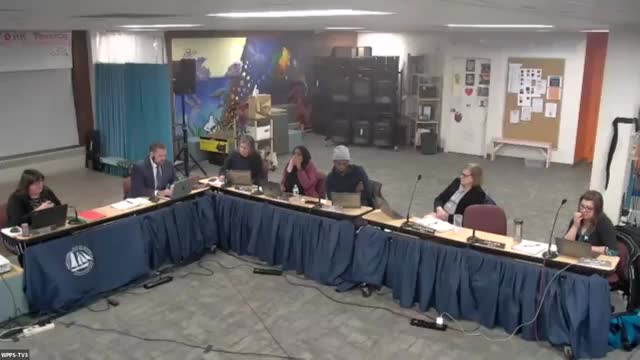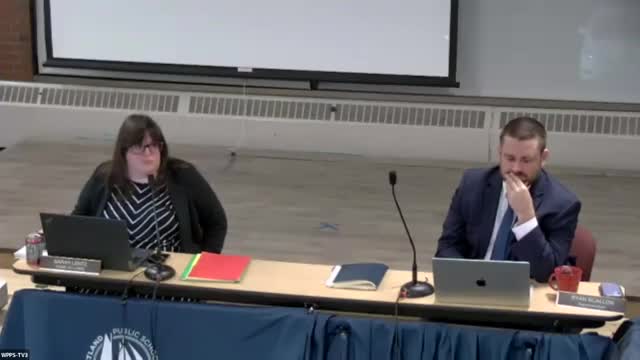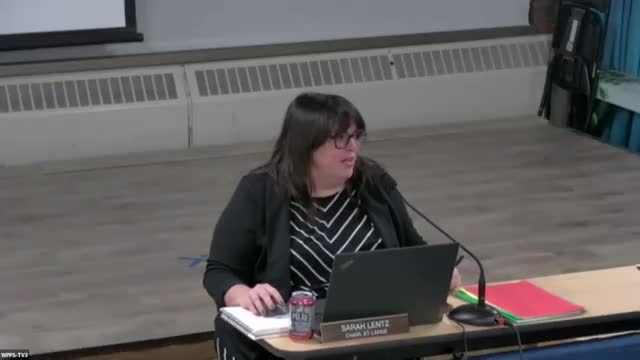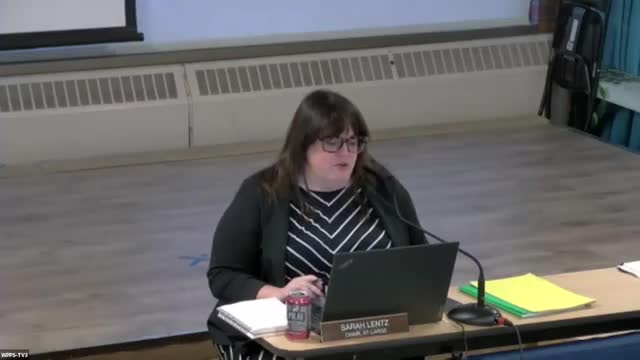Article not found
This article is no longer available. But don't worry—we've gathered other articles that discuss the same topic.

Board approves personnel actions including teacher probationary hires and interim assistant principal

Board forwards $171.7 million 2025–26 budget to city council after amendments on premiums and reductions

Board approves revised equity policy after extended debate and multiple amendments

